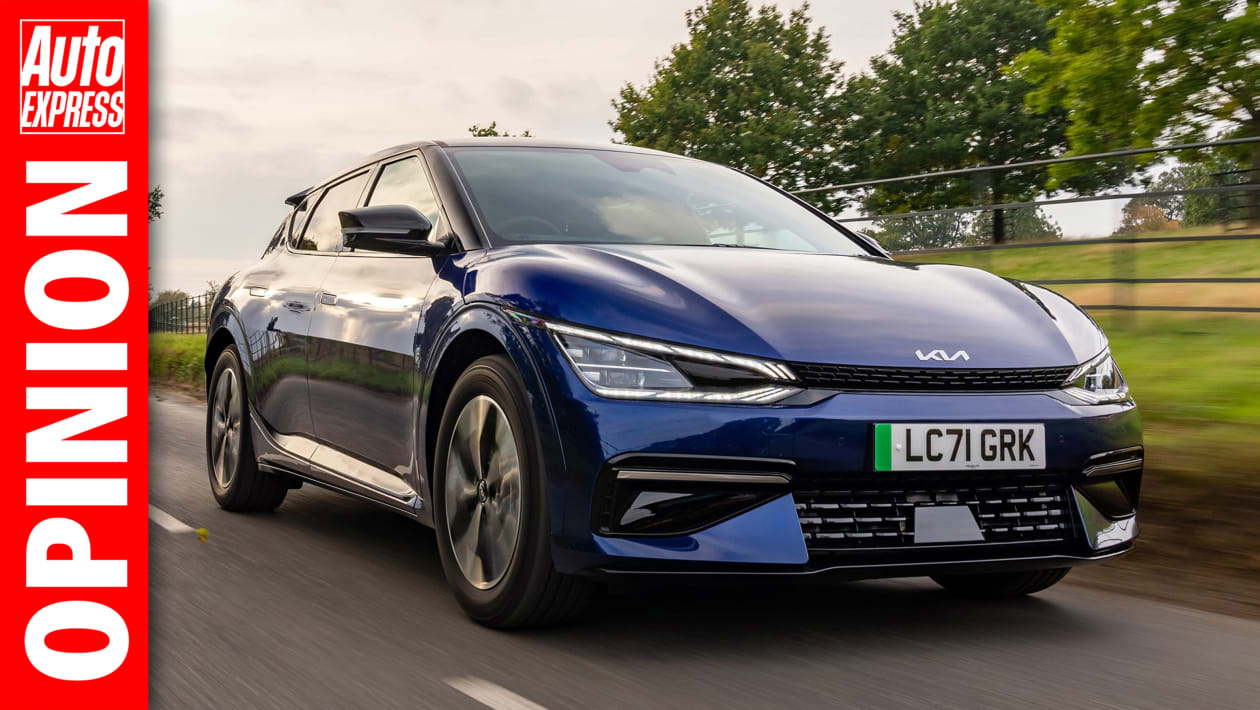We need to talk about VAT and its role in preventing drivers from buying all-electric cars. In his autumn budget, Chancellor Rishi Sunak barely mentioned VAT, let alone the damage it does to retail prices for electric cars. The truth is, VAT is seriously affecting affordability, stalling sales in showrooms that need to sell more of it in order to meet the government’s own green goals.
Pure electric cars are really more expensive to manufacture from the outset, so they are of course more expensive for the end user than comparable models with a combustion engine. That is fair and justifiable – albeit financially painful. But the excessive “profit” the government makes on every electric vehicle sold to a private driver is unfair and unjustifiable, even with grants available for cars under £ 35,000.
The most popular electric vehicle is not built by a premium automaker, but by the humble Kia, a company that sits in the same “everyday vehicle” league as Ford or Vauxhall. So what is the VAT invoice for the EV6? How about £ 6,707 for the Moor Standard Air version or a whopping £ 8,541 for the GT-Line S. How’s that for the payout? The more expensive electric cars that the government loves rake in almost double the VAT revenue of cheaper internal combustion engines it hates. Kerching!
That quick and easy win of nearly £ 9,000 (for what?) On just one EV6 GT-Line S sale is almost certainly greater than the combined profits of the manufacturer, shipping companies, dealer, and everyone else involved in the individual transaction are. It’s not just the UK government’s silent greed for profit, it’s counterproductive. How the hell can a nearly £ 9,000 sales tax bill for a new five-door five-seat Kia EV6 be roughly equal to the total price (including VAT) of a slightly smaller but still new five-door? , five-seat gasoline-powered Dacia Sandero? This is financial insanity – enough to deter drivers on a tight budget (that’s most of us) from family EVs.
There is a quick and easy solution for all of this: Lower the standard VAT rate (20 percent) for all-electric vehicles. Better yet, eliminate it entirely. In 2011, it was greedy Conservative Chancellor George Osborne who raised VAT to a record high of 20 percent. So it would be fitting and productive for conservative Chancellor Sunak to be flexible and go in the opposite direction – at least with some critically important green or safety-related products such as electric vehicles.
After all, despite their high price, electric vehicles are not a free luxury but a necessity (especially in urban environments) to keep drivers, passengers, bicycles, work tools, food and other light goods clean, green, quiet and safe. A VAT rate of 10 percent is more than justified, while zero percent is preferable.
Since the government has taken on the greatest challenge in automotive history by trying to get consumers to switch to all-electric cars, it can at least turn off the punishing 20 percent VAT rate that is holding them back.
Click here for our list of the best electric cars for sale …

